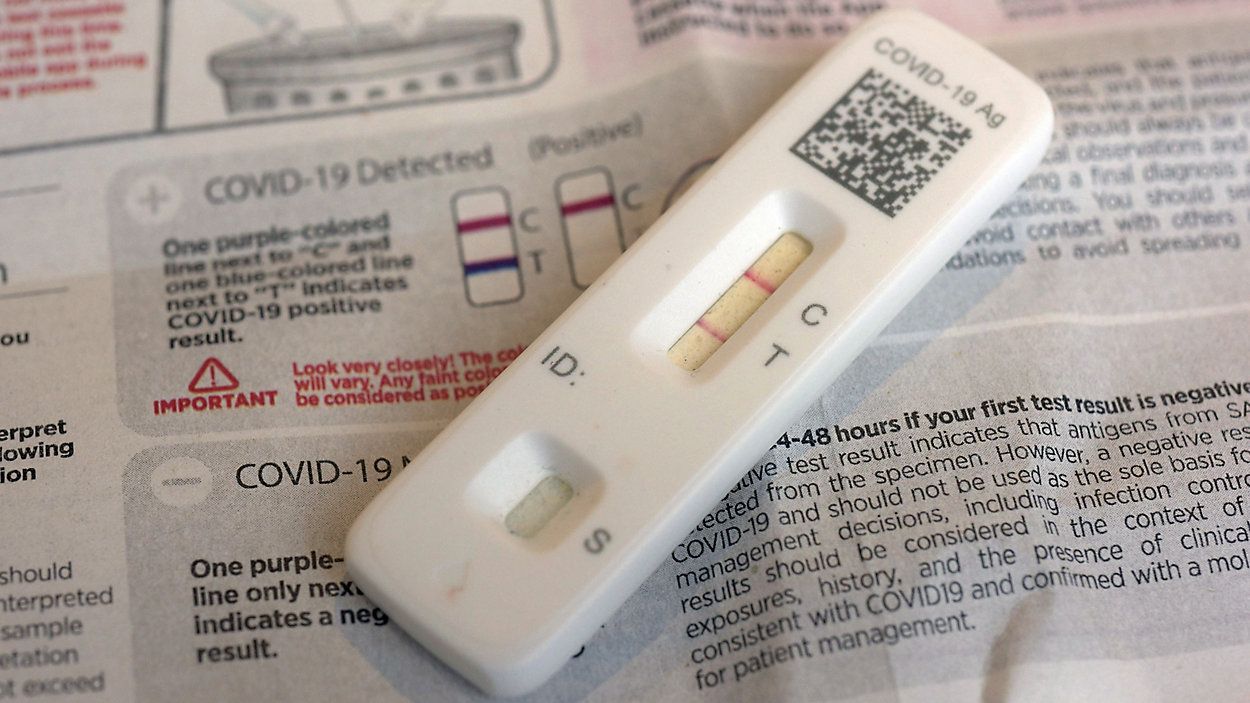WISCONSIN — Respiratory illness activity is high throughout the state, the Wisconsin Department of Health Services shared on Wednesday.
Levels of the flu, COVID-19 and RSV are increasingly “significantly,” officials said. Emergency department visits for these viruses have also increased, especially for infants, children and the elderly. At least 21% of emergency department visits were related to a respiratory illness for the week ending on Dec. 28, 2024.
It comes as several viruses, including whooping cough and norovirus, are already spreading at rapid rates following the holidays.
Due to rising levels, DHS officials stressed that vaccinations are one way for people to protect themselves from the viruses.
“The best way to protect yourself and those around you from respiratory viruses is to get vaccinated—it’s never too late," said DHS Respiratory Disease Epidemiologist Tom Haupt in a press release. “Everyone six months and older can get their flu and COVID-19 vaccines today. Infants, pregnant people, and older adults may also be eligible for an RSV vaccine. Getting vaccinated against respiratory illnesses can help keep you from spreading them to others who may get very sick, especially those who are at higher risk of infection.”
At least 31% of Wisconsinites got their flu shot and only 15% received the updated COVID-19 vaccine, DHS dashboard data shows. Wisconsinites can receive both updated flu and COVID-19 at the same time.
RSV is also a major cause of respiratory illness and is leading cause of hospitalization in infants, according to DHS.
Eligibility for an RSV vaccine includes adults who are 75 and older, adults ages 60-74 who have an increased risk of RSV and those who are 32 to 36 weeks pregnant. Eight-month-old infants and younger and babies who are 9-19 months with an increased risk can get a treatment to prevent the illness.
You can find and schedule a vaccine by checking with your primary care provider, local or Tribal health department, community clinic or by visiting vaccines.gov. If you don’t have health insurance or your insurance doesn’t cover vaccinations, you can get support through the Vaccines for Children program or the Vaccine for Adults program.
DHS also shared the following tips to keep yourself protected:
- “Wash hands often with soap and warm water for 20 seconds or use an alcohol-based hand sanitizer.
- “Clean and disinfect surfaces that are touched often at home, work, and school.
- “Avoid being around people who are sick.
- “Bring in fresh outdoor air or gather outside, when possible.
- “Wear a high-quality mask to prevent the spread of respiratory illnesses”
If you’re sick, DHS shared how you can prevent the spread:
- “Staying home when experiencing symptoms, except to get medical care.
- “Washing hands often with soap and warm water.
- “Covering the mouth and nose with a tissue when coughing or sneezing, then throwing the tissue in the trash”



